Search
 News
News
Prenatal Enzyme Replacement Therapy for Lysosomal Storage Diseases
Pregnant patients with a diagnosed fetal lysosomal storage disease may have the opportunity to receive a promising treatment that could improve their babies’ health after birth. Video
Video
Advances in Breast Cancer Care: Individualized Screening, Treatments and Follow-Up
Karen Goodwin, DO, covers everything from how to answer patients’ questions on mammogram frequency to how to counsel them on breast cancer prevention.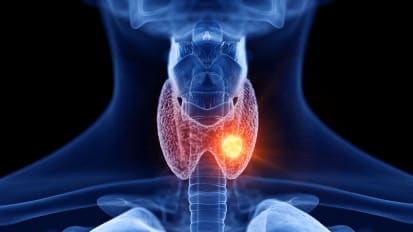 Video
Video
Incidental Thyroid Nodules: Benign Bump or Big Deal?
A lump on the thyroid is a common finding in both physical exams and imaging studies, but the significance varies greatly.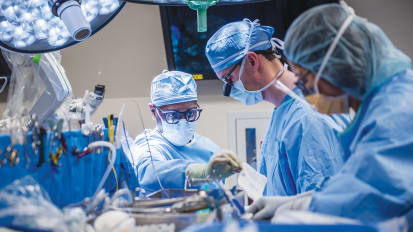 News
News
Minimally Invasive LITT Effective for Recurrent Glioblastoma: A UCSF Case Study
A 65-year-old woman with a small focal recurrence of glioblastoma was treated with laser interstitial thermal therapy (LITT) at UCSF nearly five years after her first tumor resection surgery. Video
Video
CAR T-Cells for Hematologic Malignancies and Beyond
In this data-drenched discussion, UCSF specialists review how CAR T-cells are being used in hematologic malignancies, including aggressive lymphoma and difficult-to-treat myeloma, as well as for solid tumors, and reveal what's on the horizon with regard to these products. Video
Video
Placenta Accreta Spectrum Disorder: Proven Strategies from a Multidisciplinary Team
Placenta accreta spectrum disorder is a varied and increasingly common complication of pregnancy, so ob/gyns need a firm grasp of risk factors and ultrasound signs. News
News
Ross Procedure the Right Choice for Active Patient With Aortic Stenosis
A 52-year-old man with severe aortic stenosis chose to undergo a Ross procedure at UCSF during which surgeons replaced his diseased aortic valve with his own pulmonary valve. He was discharged within a week and is recovering well. News
News
Structural Heart Disease Expert Leads UCSF Interventional Cardiology Program
Sammy Elmariah, MD, MPH, has joined UCSF as chief of the Interventional Cardiology Program and medical director of the cardiac catheterization lab. News
News
UCSF Surgeons Standardize Browlift and Hairline Surgery Using Photo Analysis
Facial Feminization surgery (FFS) involves numerous procedures designed to give the face a more feminine and harmonious appearance.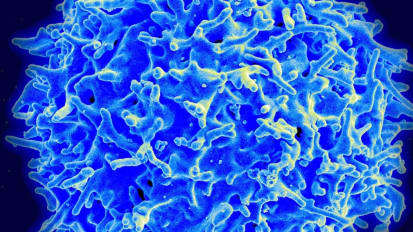 News
News
Killing Pancreatic Cancer with T Cells that Turbocharge Themselves
Novel Immunotherapy Pumps Out Cancer-Killing Cytokines Only Inside the Tumor Document
Document
UCSF Bariatric Surgery Center
UCSF Bariatric Surgery Center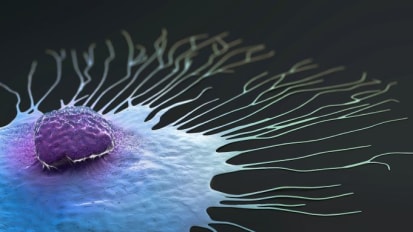 News
News
Breast Cancer Risk Calculator Can Assess Risk of Advanced Breast Cancer
Upcoming Conference to Focus on Breast Density and Prediction of Advanced and Interval Breast Cancer Risk Video
Video
Primary Care of the IBD Patient: Risk Factors, Symptoms and the Value of Timely Therapeutics
In this update on inflammatory bowel disease, gastroenterologist Kendall Beck, MD, notes contributing causes, explains which tests have value, gives keys to distinguishing ulcerative colitis and Crohn’s... Video
Video
Don’t Miss a Beat on A-fib: How to Make the Right Plans for Individual Patients
This practical, data-fueled talk from Edward P. Gerstenfeld, MD, MS, FACC, chief of the UCSF Cardiac Electrophysiology and Arrhythmia Service, will help PCPs better understand how to assess stroke risk; make treatment decisions...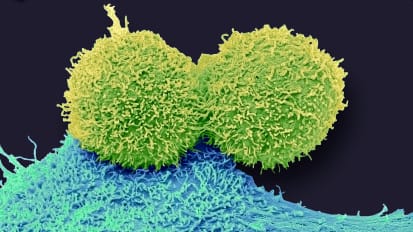 News
News
UCSF and I-SPY 2 Breast Cancer Researchers Develop Newly Redefined Breast Cancer Response Subtypes
Research scientists and statisticians from UC San Francisco have developed improved biomarker classifications as part of their research results in the I-SPY 2 trial for high-risk breast cancer patients.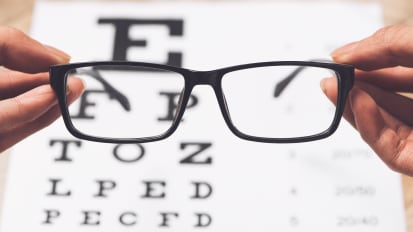 Video
Video
Keeping the Eye in Sight: Ensure Proper Primary Care for Ocular Injuries
When presented with common eye issues – from corneal abrasions and foreign bodies to potentially fractured orbital bones – providers need to make prompt diagnoses, assess urgency and take steps to limit damage. Video
Video
A Guide to Gout: Keys to Recognizing and Managing This Damaging Disease
Noting that gout is common yet under-recognized and undertreated, rheumatologist Kerstin Morehead, MD, presents a valuable update on risk factors, associated conditions, and treatments for both acute flares and chronic disease.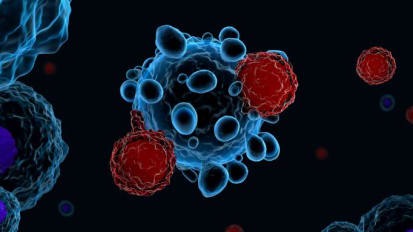 News
News
How AI Found the Words to Kill Cancer Cells
Predictive model allows researchers to encode commands for cells to carry out. News
News
“CAR Pooling” Screens Identify Most Effective Cancer Immunotherapy Cells
New approach by UCSF researchers analyzes how well different re-engineered T cells work against cancer. News
News
Drug Targeting Tauopathies in Mice Reveals Sex Differences in Response
Microglia are cells that are central to both brain health as well as disease progression in many neurological conditions. News
News
Drug Turns Cancer Gene Into "Eat Me" Flag for Immune System
UCSF-led study shows promising pre-clinical results in killing cancer cells resistant to current KRAS-targeted treatments. Document
Document
UCSF Laser Interstitial Thermal Therapy
UCSF Laser Interstitial Thermal Therapy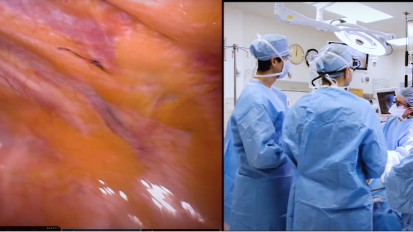 News
News
Enhancing Care for Thoracic Oncology Surgery Patients
Building on a decades-long reputation for innovation in thoracic surgery, UC San Francisco’s Thoracic Surgery and Oncology Clinic has improved the overall experience for patients undergoing lung and esophageal cancer treatment while continuing to maintain strong outcomes.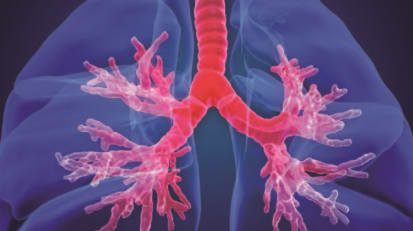 Document
Document
UCSF Lung Transplant Clinic in Roseville
UCSF Lung Transplant Clinic in Roseville

